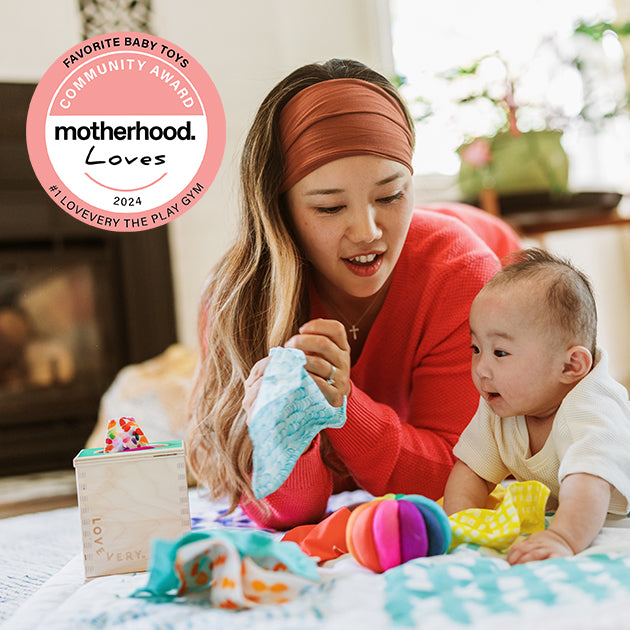
The Physical and Mental Benefits of Practicing Meditation and Yoga

Meditation Benefits
The amazing thing about meditation is that now, science is coming to meet a spiritual practice that has existed for thousands and thousands of years. People who have meditated over these thousands of years have already been aware of what science is now proving. Clinical studies are showing that in as little as eight weeks, people who adopt a consistent meditation practice display benefits at the level of the brain and the body.
-
From a physiological perspective, we see a reduction in inflammation. Women especially face a plethora of autoimmune disorders, and oftentimes this is associated with inflammation, so this reduction can be so beneficial.
-
We also see an increase in gray matter in the brain. Early research is telling us that this might even lead to Alzheimer's prevention, but it can also improve memory.
-
We see decreases in stress and anxiety. We see increases in overall well-being and life satisfaction.
-
My personal favorite benefit is at the level of the heart: we see an increase in skills that are buildable over the course of a lifetime. Through mindfulness, we can increase our compassion, we can increase our capacity for gratitude. These are things that we can improve upon, skills that we can build with practice.
-
Meditation can also benefit your sleep. I recently created a full audio meditation series called The Sleep Well Series. It’s a meditation series on innerdimensiontv.com, with seven audio meditations to help people with different approaches to cultivating better sleep. For example, doing body scans, having an evening ritual, practicing gratitude, or using a mantra or an affirmation. All these practices can help us achieve a better night's rest. It doesn't mean that we might sleep more, but at least we can be aware that when we are lying down and our eyes are closed, we are receiving rest.
- Meditation can also help you deal with anxiety. Just doing your practice day in and day out is going to help you have a relationship to your anxiety. There is no promise that meditation is going to eliminate your anxiety, but you're going to learn how to have a new relationship to the part of you that tends to become anxious. That new relationship will help you to thank that anxious part of yourself. It’s a self-preservation instinct that oftentimes comes from one of the youngest versions of ourselves. We can turn to that part of ourselves and say, “Thank you so much for trying to protect me. I see you. I appreciate that you're trying to protect me. I'm okay. We're okay.” And from that place, we can enter back into the stream of life consciously with awareness and a greater level of compassion.

Yoga Benefits
From a yoga perspective, a physical practice where you are moving your body is different than a seated practice. Consider the word “feelings”. We call them that because we feel them in our body. When you're afraid, you might recognize it at the level of the mind, but if you tune in, you're really feeling it at the level of the body first. The same thing happens with anxiety or stress -- we feel our feelings.
-
When we're doing a physical yoga practice, we are getting into our bodies. There's a story that I love of a little boy whose kindergarten teacher asked the class, “What is the body for?” And the little boy shot his arm up in the air and said, “To carry the head around!”.
As a culture, it's almost like we've forgotten that the body is an important part of who and what we are. When we're doing yoga, we're not doing it necessarily for fitness, although it can have benefits like improved strength, flexibility, vitality, and balance. It can have some cardiovascular benefits, but you do need to keep supplementing your yoga practice with things that get your heart rate up higher. Overall, in terms of the physical benefits, you're also then partnering a physical practice with emotional benefits.
-
Yoga, or meditation, acts as an embodied experience of learning how to be with things that are uncomfortable. Learning how to be with things that are challenging or difficult. Learning how to be with your own inner voice. In the face of those challenges and discomfort, you learn how to turn toward those experiences. Turn toward your breath rather than away from it, so that you find skillful ways of rising to the challenge.
-
When you work at the goal of achieving a particular yoga pose, like a handstand, the benefit isn’t achieving a new position. The great thing about yoga isn't about finally getting a handstand. The great thing is the journey that it took to get there and the confidence that you build in learning about yourself and your practice. Then, you apply that to everything that you're doing in your life. It must translate off the mat, off the cushion, and into all our relationships and how we're living our values.
The beauty of yoga is that when you get off your mat and you go back out into life, you understand life is going to be difficult. Life is not easy. Look at the way that we come into this world. Birth is messy. It's bloody, it's painful. Yet we live in a culture that tells us if you're not happy all the time, something is wrong, which is completely crazy. Life is inherently going to have struggle as a part of it. That doesn't mean that we're doing life wrong. But we can see those challenges as opportunities for growth.
More From Lauren Eckstrom
Click here to learn more about her personal journey with yoga and meditation.
Click here to discover what kinds of meditation might be best for you and beginner tips.
Click here to learn how to start a journey towards mindfulness during pregnancy and and read meditation advice for expecting mothers.
Click here to learn how your meditation practice may change once you become a mom.
Click here to read Lauren's advice on different types of meditation and the sameness of meditation and mindfulness in practice.






